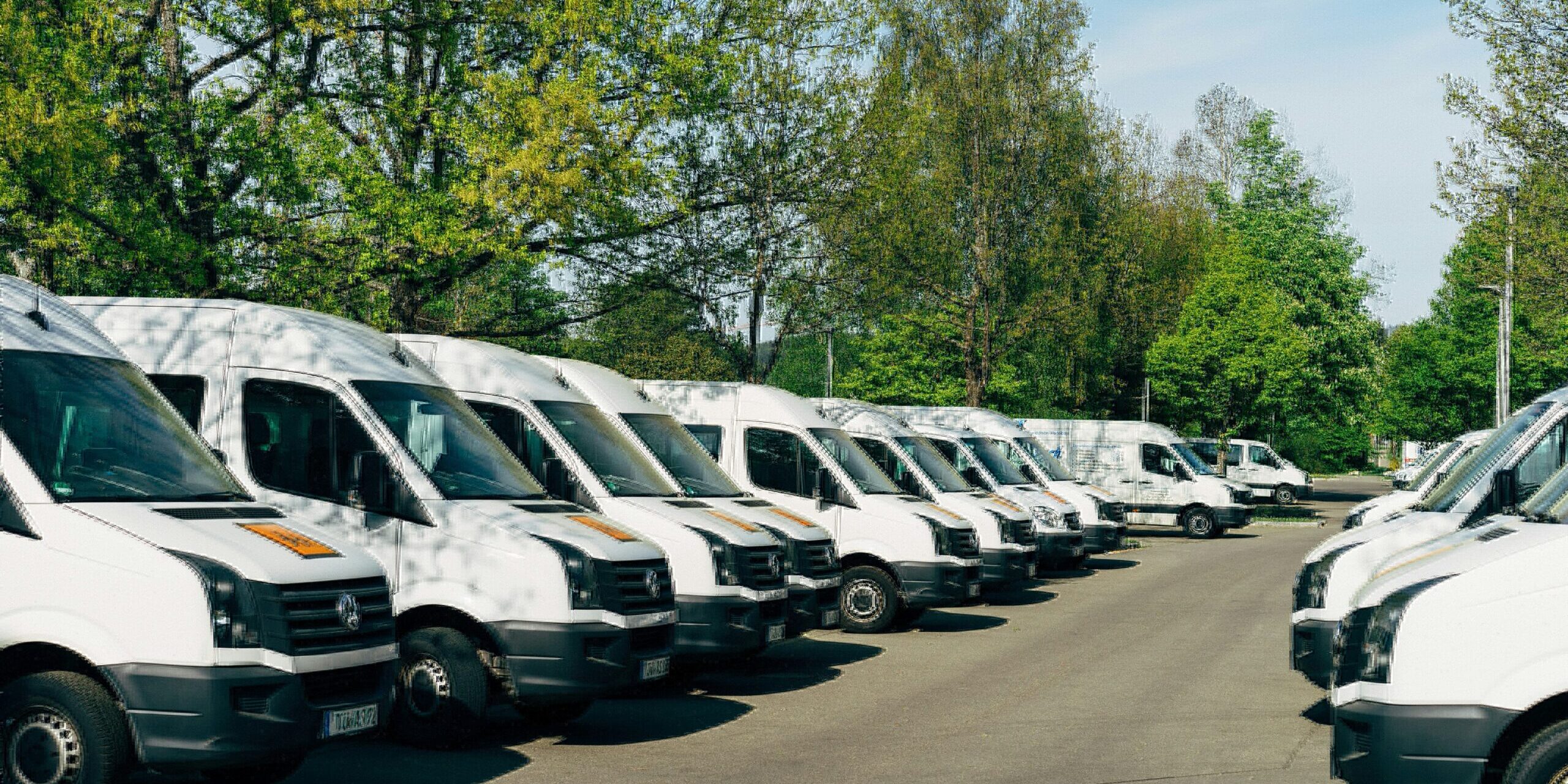Ensuring sustainability in delivery is crucial for both the environment and business viability, writes John Gillan. As Europe faces another year of unpredictable weather, it is clear that climate change is increasingly impacting daily life. Many existing systems, from supply chains to flight patterns, must adapt to support sustainable cities in the future. Businesses are actively seeking ways to become more sustainable, driven by consumer and regulatory demands.
The demand for delivery services continues to rise, with more consumers opting for groceries delivered to their door or enjoying takeout meals. This growing demand makes delivery a vital channel for restaurants and retailers. Consequently, there are now more delivery drivers on the road than ever before. Sustainability in delivery is essential for both environmental protection and business sustainability. Recent research shows that one-quarter of customers would switch retailers due to the lack of a sustainable delivery option. The path forward clearly lies in adopting more sustainable delivery fleets. Electric vehicles (EVs) are central to building sustainable supply chains and achieving net-zero commitments without compromising delivery volume or speed.
The most effective way to promote sustainable delivery is by helping couriers transition to EVs. While this may seem straightforward, it presents challenges. For many couriers, the high upfront costs of EVs are a significant barrier. To overcome this, logistics companies and EV providers must offer financial support such as discounts, subsidies, and lease arrangements. These incentives make it easier for couriers to transition to EVs and retire older, more polluting vehicles.
Switching to EVs also brings financial benefits. EVs allow couriers to meet increasingly stringent urban emissions standards and avoid fines for non-compliant vehicles. Additionally, charging EVs is more cost-effective than using gasoline, especially given volatile fuel prices. In the long term, electric fleets will be more resilient and cost-effective, enabling couriers to operate efficiently in urban areas despite evolving regulations and fuel price fluctuations.
The transition to sustainability requires collective effort from all industry stakeholders. Business leaders must collaborate to advance sustainability efforts and choose partners with robust sustainability offerings. Building sustainable supply chains is crucial for reducing overall carbon emissions. The public sector must also support this goal by making EVs a feasible option for couriers and businesses. Urban areas need more convenient and reliable charging points to prevent drivers from wasting time searching for chargers. Governments must invest significantly in infrastructure to support EV adoption, including establishing Ultra-Low-Emissions Zones and offering tax breaks and subsidies to ease the burden on small businesses.
As climate change becomes a more pressing concern, we must build more responsible systems. Governments, businesses, and individuals must collaborate to make long-lasting decisions that promote sustainability. Future urban centers must provide current amenities and conveniences in a sustainable way. Encouraging businesses to integrate EVs into their fleets is a crucial step towards decarbonization. Despite the challenges, the integration of electric and low-emission vehicles is both feasible and inevitable with the right infrastructure, business engagement, and support. Together, we can build the sustainable cities of tomorrow.
#ICTTMNews #BreakingNews #SupplyChainNews #SustainableDelivery #EVIntegration #ClimateAction #BusinessInnovation







